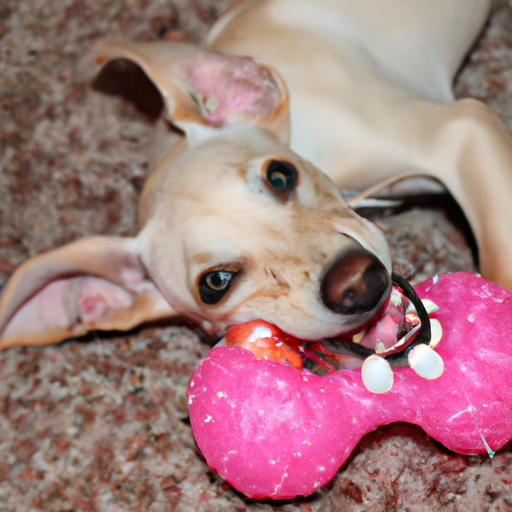Hello, dear caregiver! As a dog owner, it’s crucial to understand the stages of your furry friend’s dental development. Your adorable puppy was born toothless, but just like humans, dogs go through a process of growing and losing baby teeth.
Understanding Puppy Teeth
Did you know that puppies have 28 baby teeth? Yes, that’s right! These teeth start to erupt when they are between 2-4 weeks old.
- Incisors: These are the small teeth at the front of the mouth, used for nibbling.
- Canine teeth: Located on both top and bottom jaws, these sharp teeth are used for tearing food.
- Premolars: These teeth are larger and located at the back of the mouth, used for grinding food.
When Do Puppies Lose Their Baby Teeth?
Typically, puppies begin to lose their baby teeth around 12-16 weeks of age. However, this can vary depending on the breed and individual development.
| Breed | Approximate Age |
|---|---|
| Small Breeds | 12-16 weeks |
| Medium Breeds | 16-20 weeks |
| Large Breeds | 20-24 weeks |
The Process of Losing Baby Teeth
When the time comes, the root of the baby tooth will start to dissolve, and the adult tooth will begin to push through. This process can be uncomfortable for your puppy, and you may notice signs such as:
- Increased chewing
- Drooling
- Loss of appetite
- Bleeding gums
What To Do If Your Puppy Is Losing Teeth
During this phase, your role as a caregiver is to ensure your puppy is comfortable and well cared for. Here are some suggestions:
- Provide chew toys: These can help relieve discomfort and promote healthy teeth growth.
- Monitor their diet: Soft food can be easier for your puppy to eat during this time.
- Regular dental checks: Keep an eye on their mouth to ensure everything is progressing normally.
What Not To Do
While it’s important to provide comfort and care, there are also things you should avoid:
- Don’t pull loose teeth: This can cause unnecessary pain and potential damage.
- Avoid hard toys: These can be too tough on your puppy’s sensitive mouth.
What If A Baby Tooth Doesn’t Fall Out?
Sometimes, a baby tooth doesn’t fall out when the adult tooth grows, leading to two teeth occupying the same spot. This condition is known as retained baby teeth and can cause problems such as overcrowding and misalignment. If you notice this, it’s best to consult your vet.
FAQ
Q: What happens if my puppy swallowed a baby tooth?
A: Don’t worry! It’s common and usually passes through their system without any problems.
Q: How many adult teeth do dogs have?
A: Dogs have 42 adult teeth, significantly more than the 28 baby teeth.
Q: My puppy is older than 6 months and still has baby teeth. What should I do?
A: It’s best to consult your vet. They might need to be removed to prevent future dental problems.
Q: Can losing teeth cause my puppy to be irritable?
A: Yes, just like human babies, puppies can become irritable when they’re teething.
Understanding your puppy’s dental development is an integral part of their overall health. By knowing what to expect and how to handle it, you can help your furry friend navigate this stage with ease.



